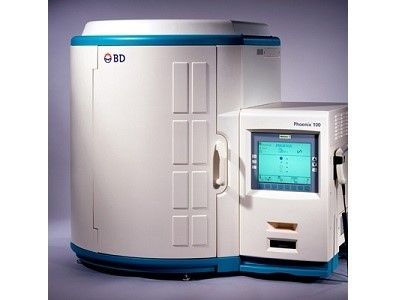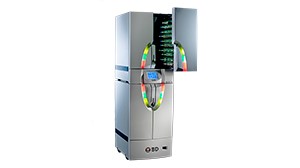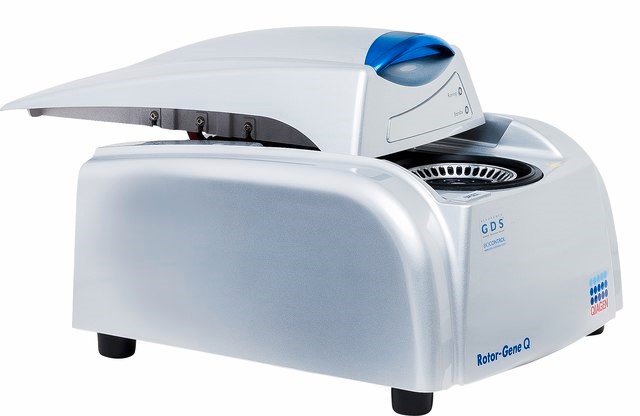The Department of Microbiology is located in the main building of the Hospital. The department includes the microbiology and the molecular analysis laboratories, where biological specimens collected both from inpatients that are hospitalised in various Limassol G.H. clinics but also from outpatients and GHS beneficiaries.
In 2019, the department analysed 48,268 laboratory samples from inpatients and outpatients while each year over 60,000 analyses are performed according to modern protocols that follow the latest international guidelines for sample processing and analysis. The protocols have been implemented by the medical and scientific personnel of the department and using the state-of-the-art bioanalyzers of the lab, and the procedures are subject to rigorous internal and external quality control to ensure the accuracy and reliability of the results.
The Microbiology Laboratory at the Limassol General Hospital has a long-standing tradition in clinical microbiology and actively participates in the infection control committee and multidisciplinary teams of the hospital, such as the Antimicrobial and the Diagnostic Care Stewardship teams. The implementation of hospital-acquired infection prevention measures, combined with appropriate antibiotic use and diagnostic testing, aims to reduce hospital-acquired infections and multidrug-resistant microorganisms, safeguarding the health of hospitalised patients while also preserving resources for use in other healthcare services.
In addition, our goal is the continuous qualitative upgrade of the Microbiological laboratory and the introduction of modern technology that provides clear, fast, reliable and accurate results.
Automatic sample analysers
The Microbiology department is equipped with state-of-the-art automated analysers such as:



In addition to the above machines, the department is fully equipped with all the necessary materials and equipment for proper, reliable, and prompt sample processing. Our aim is to provide high-quality results and serve as a reference centre for the provision of clinical microbiology services in both the Cypriot and international healthcare settings.
Services and Analyses Offered
In addition to classic antibiotic susceptibility testing, the microbiology department performs modern tests for microbial antibiotic susceptibility following the latest guidelines and recommendations of the European Committee on Antimicrobial Susceptibility Testing (EUCAST).
Minimum Inhibitory Concentration (M.I.C.) test. The test determines the minimum concentration of an antibiotic that inhibits microbial growth. The M.I.C. reference method is performed using either special cartridges for automated analysers, or special concentration strips (E test), or with special microdilution plates.
Combinatorial antibiotic assays with discs or strips for the identification of microbial resistance mechanisms. This method is used for the detection of multidrug-resistant microorganisms and for the selection of appropriate antimicrobial treatment regimens.
The Microbiology Department at Limassol General Hospital, with its skilled workforce and advanced equipment, sets the standard as a microbiological centre, offering high-quality services with reliability and accuracy.
Staff
The department’s staff includes:
Microbiologist/Biopathologists: Responsible for clinical evaluation of samples and results, clinical interpretation, annotation, and communication with the attending physicians. They specialise in clinical Microbiology, infection prevention, and management.
Laboratory Technicians: Specialised in sample processing and technical evaluation of biological samples, with extensive experience in their respective fields.